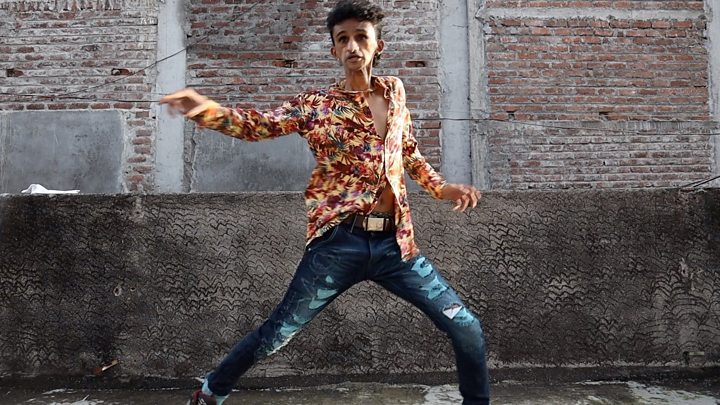
The Indian small-town shop owner who became a TikTok star
India's government has banned TikTok and dozens more Chinese-made apps it says are a danger to the country.
In a statement, it said the apps were "prejudicial to sovereignty and integrity of India, defence of India, security of state and public order".
In total, 59 apps were banned - among them popular messaging app WeChat. It follows escalating tensions along the disputed border between the two powers.
Both India and China deployed more troops to the Ladakh region in June.
Clashes have left at least 20 Indian troops dead. Satellite images also appear to show that China has built new structures overlooking the Himalayan border region.
India's Ministry of Information Technology said it was banning the 59 Chinese apps after receiving "many complaints from various sources" about apps that were "stealing and surreptitiously transmitting users' data in an unauthorised manner".
"The compilation of these data, its mining and profiling by elements hostile to national security and defence of India, which ultimately impinges upon the sovereignty and integrity of India, is a matter of very deep and immediate concern which requires emergency measures," the ministry said.
TikTok's parent company, ByteDance, is headquartered in Beijing and the app first became popular in the Chinese market before spreading worldwide.
India is TikTok's biggest foreign market, with an estimated 120 million users.
As it grew in popularity, it has faced accusations of links to the Chinese state, and of sending user data into China. Many of its strongest critics are in the United States, including some US senators who have called for an investigation into the company.
TikTok fiercely rejects such claims.
The list of apps banned by India also includes the microblogging platform Weibo, the strategy game Clash of Kings, Alibaba's UC Browser, and e-commerce apps Club Factory and Shein. BBC